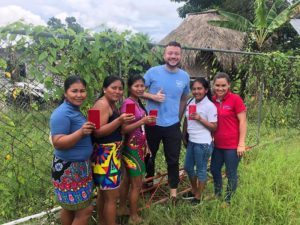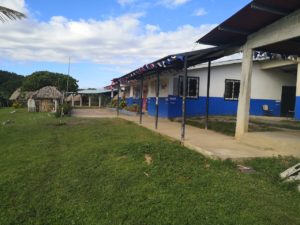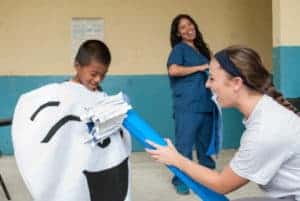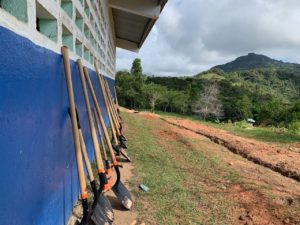HEALTH CARE ACCESS
Even though Panama is a country with a lot of economic growth, this growth does not apply equally to all Panamanians, especially those in rural areas. This results in stark inequality when it comes to healthcare access. The Panamanian Ministry of Health (MINSA) provides two different types of health facilities throughout rural Panama: Centros de Salud and Puestos de Salud. Centros are the larger of the two, often found in municipalities, and typically have at least one physician on staff at all times with nurses and potentially a dentist. Puestos are found sporadically in rural communities and generally have a single nurse available.
Even with this coverage, the Centros frequently lack a full pharmacy and the staff capacity to see every patient each day. After walking long distances or paying for a bus, rural visitors to the Centros can expect long wait times given the limited staff and resources to meet the demand from all neighboring communities. The physician density in Panama remains around 630 people for every one doctor. According to the World Health Organization, there should be a maximum of 435 people per physician to qualify a country as having adequate access to medical attention.
The closest Puesto de Salud is in El Limón, and the closest Centro de Salud is in La Pintada, about 9 kms away. The most prevalent illnesses in children in El Escobal are common cold, diarrhea, asthma. The most prevalent illnesses in adults are high blood pressure, fever, common cold, and diabetes.
*These statistics reflect data from Medical/Dental Brigades in the community of El Limón, where community members from El Escobal attend mobile clinics.





